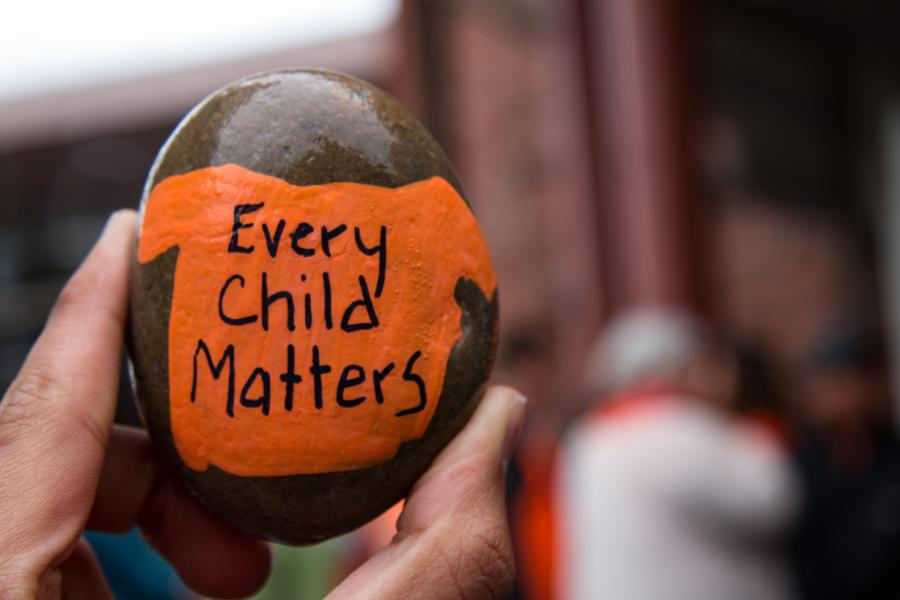 June is Indigenous History Month, an opportunity to learn about the diverse histories of First Nations, Inuit and Métis people, including the legacy of colonialism in Canada and its impacts. You might wonder what Indigenous History Month has to do with pain. As an organization, we care about human rights and justice. We know that experiences of pain are intertwined with experiences of trauma. We also know that current and historical injustices create barriers to healing and care.
June is Indigenous History Month, an opportunity to learn about the diverse histories of First Nations, Inuit and Métis people, including the legacy of colonialism in Canada and its impacts. You might wonder what Indigenous History Month has to do with pain. As an organization, we care about human rights and justice. We know that experiences of pain are intertwined with experiences of trauma. We also know that current and historical injustices create barriers to healing and care.
The Pain BC team was heartbroken to learn that the remains of 215 children were located on the grounds of the former Kamloops Indian Residential School and, more recently, an additional 751 unmarked graves were uncovered at the former Marieval Indian Residential School in Saskatchewan. We express our sincere condolences to the friends and families of the children, survivors, and to the Tk’emlúps te Secwépemc and Cowessess First Nations. We stand in solidarity with all who are calling for justice for these children, and for the many other children who have suffered or died through this system.
The Truth and Reconciliation Commission (TRC) was formed as a means of reckoning with the devastating legacy left by these institutions. We must prioritize and accelerate the implementation of the TRC’s Calls to Action. We must also prioritize the implementation of all eight of the Indigenous-specific recommendations in the Canadian Pain Task Force’s Action Plan for Pain in Canada to ensure the pain of Indigenous peoples is recognized, respected, and effectively addressed. Pain BC has a number of efforts underway to support these recommendations and is committed to expanding and deepening this work.
For far too long, Indigenous communities have carried the pain of the residential school system. It is long past time we individually and collectively step up to support healing and to realize the truth, justice and equity the TRC called for years ago.
How can survivors and their families get support?
This recent news will reopen wounds for many people and we encourage those who need support to ask for the help they need. These organizations can provide support:
- Indian Residential School Survivors Society: 604-985-4464 or 1-800-721-006
- KUU-US Crisis Line: 1-800-588-8717
- National Indian Residential School Crisis Line: 1 866-925-4419
- Tsow-Tun-Le-Lum Society: 1-888-403-3123 or 250-390-3123
How can allies help?
There are a number of ways non-Indigenous allies can stand in solidarity with Indigenous people and share their support. This IndigiNews article shares a detailed list, which includes:
- Donating to organizations that support residential school survivors and their families:
- Learning about the residential school system and its ongoing impacts
- Reading the TRC to learn about the 94 calls to action
- Contacting your local Member of Parliament to take action on:
- A comprehensive search for unmarked graves at all former residential school sites
- Ending ongoing colonial violence against Indigenous children
- Addressing the overrepresentation of Indigenous children and youth in the child welfare system
- Acknowledging, protecting and funding former residential school sites as heritage memorial sites
- Following Indigenous journalists online
- Learning about the land you live on and finding information about Indigenous languages, arts and cultural heritage